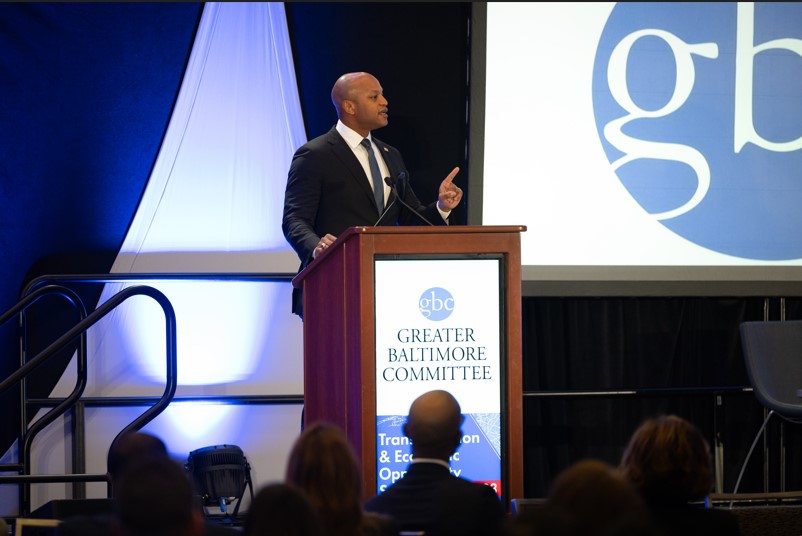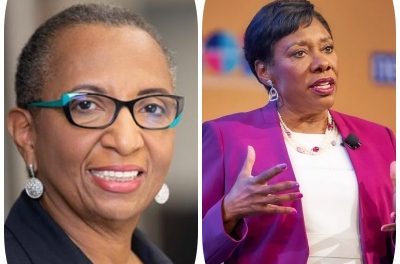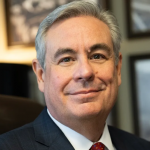By Tashi McQueen,
AFRO Political Writer,
Tmcqueen@afro.com
Gov. Wes Moore and Baltimore City Mayor Brandon M. Scott addressed the importance of transportation investments in Baltimore, creating economic opportunity and what the state has done thus far on Oct. 16.
“In the first ten months of our administration, we’ve shown that in partnership, progress is possible,” said Moore at the Greater Baltimore Committee’s 2023 Transportation and Economic Opportunity Summit. “I know that if we can give this moment everything we’ve got, there’s nothing that can or will stop us.”
The Greater Baltimore Committee is a nonprofit organization comprising business and professional organizations aiming to stimulate the Baltimore region. The event, held at the Baltimore Convention Center, brought together business professionals throughout the region to network and learn more about what’s next for Baltimore.
“In our first month, we have partnered with the federal government to rebuild the Frederick Douglass Tunnel connecting Baltimore with the rest of the country,” said Moore.
The state invested $450 million to help rebuild the tunnel, which is projected to create 30,000 jobs in Baltimore.
Moore also highlighted the state’s $35 million investment in Baltimore City’s Historically Black Colleges and Universities, Morgan State University and Coppin State University.
At the summit, Scott reflected on the re-launched Baltimore red line, which was halted during the previous administration in 2015.
“Investing in this rail is an investment into the future of our city because it unlocks potential that we haven’t seen,” said Scott. “It’s going to mean opportunity for jobs, [increased] home values, investment in our region. Baltimore’s going to have some semblance of a real transit system.”
The red line, as proposed, will provide direct transportation from Woodlawn to Bayview to connect East and West Baltimore. The implementation date for the rail is undetermined, as the plan must be updated.
Other investments include two Biden Administration grants totaling $20.4 million for transit rail connections in Baltimore. According to Moore, the funding will improve the MARC train’s reliability and ensure clean air for communities near the Port of Baltimore.
The Innovation Economy and Infrastructure Act of 2023 was passed and signed into law this year. It established the Build Our Future Grant Pilot Program in the Department of Commerce to fund infrastructure projects in eligible technology sectors, such as biotechnology and artificial intelligence. The law took effect in July and will end on June 30, 2027.
“You cannot have a thriving state if the state’s largest city isn’t thriving. This is going to be Maryland’s decade – and I know that for this to be Maryland’s decade, it has to be Baltimore’s time,” said Moore.
The post Governor Moore highlights the importance of transportation investments in Charm City at Greater Baltimore Committee summit appeared first on AFRO American Newspapers .











